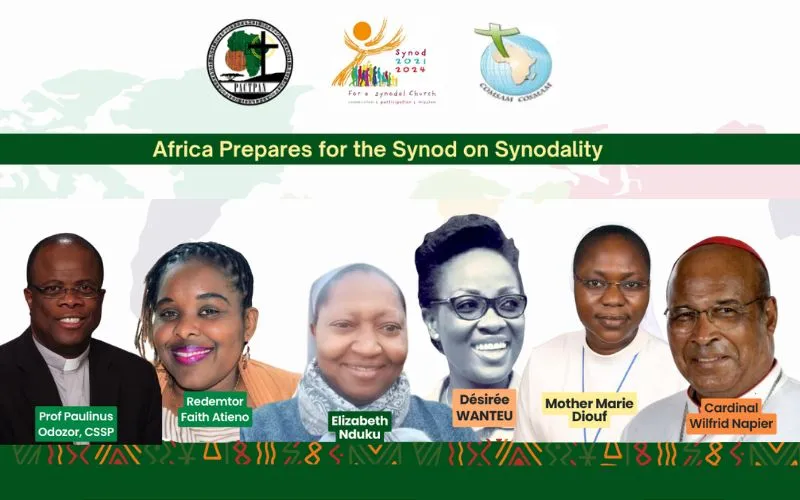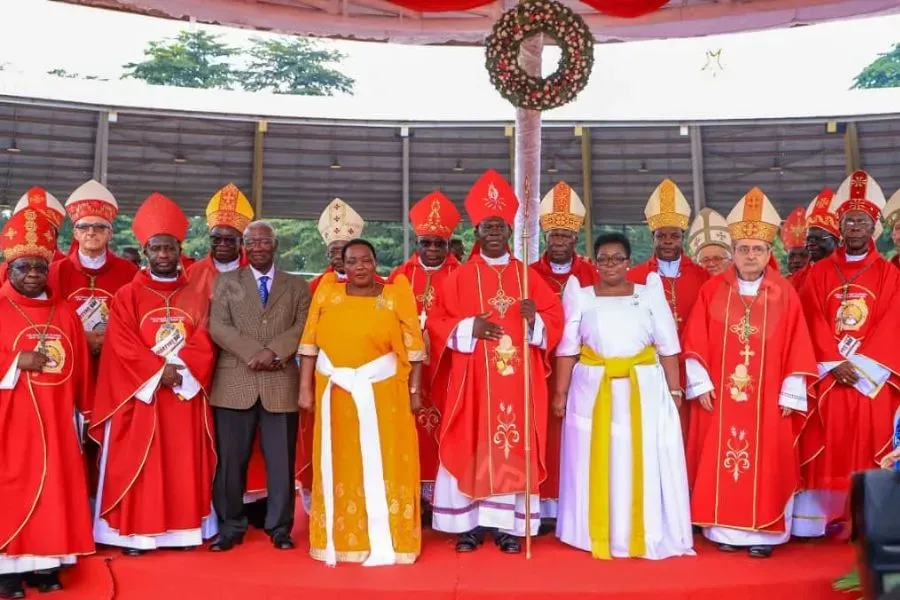In some cases, members of ICLSAL are seen as “hired hands” for Bishops, he said during the ninth session of the palavers that the Pan-African Catholic Theology and Pastoral Network (PACTPAN) have organized in collaboration with the Conference of Major Superiors of Africa and Madagascar (COMSAM).
“It is true that the local Clergy in the Dioceses are very close collaborators with the Bishop, but it must not be seen that the Religious working in the Diocese are only hired hands who are dispensable and function only at the whim of the Bishop and only when the Bishops have no more people to work for them,” Fr. Ozodor said.
He added, “The Bishops should endeavour to consult with the Religious regularly on their specific charisms concerning the pastoral plans of the Diocese and to solicit their input even as such plans are being made. It is not right that the Religious in the Diocese hear of such plans only when they are already made and need to be enforced.”
“I believe that there should be a certain number of positions reserved for the Religious in the Presbyteral Council of every Diocese. This implies a change of attitude among many Bishops,” he said.
Fr. Ozodor decried what he described as “hunger for power and dominance among some Diocesan Clergy”, which he said “can sometimes be out rightly evil.”
“In many Dioceses it is all about power and who gets it. Episcopal offices are sought with such ferocity, and such deadliness that sometimes make African politicians and political office holders look like amateurs,” the Spiritan Priest said, adding that it is Priests who fight to become Bishops that mostly manifest clericalism.
“When people like these manage to get into Episcopal offices, they look at it as an achievement rather than a call to serve,” he said, and added, “Such attitudes are so widespread that one can safely say we have a problem of clericalism in Africa.”
The Catholic scholar said that clericalism is manifesting itself within Parishes and Dioceses, with Bishops and Diocesan Priests adopting “the pyramidal model”, where all authorities and structures come from the top and filters to the grassroots.
According to Nigerian Spiritan, Bishops as teachers must also be learners. “A good teacher is also a good learner,” he said.
“Bishops as pastors have responsibility as fathers, teachers and leaders for their local churches. This fatherhood is earned,” Fr. Ozodor said, and added, “The Church does not belong to the Bishop; he is an overseer and must foster consultation, collaboration and engagement of all parties in his Diocese for the work and mission entrusted to him.”





